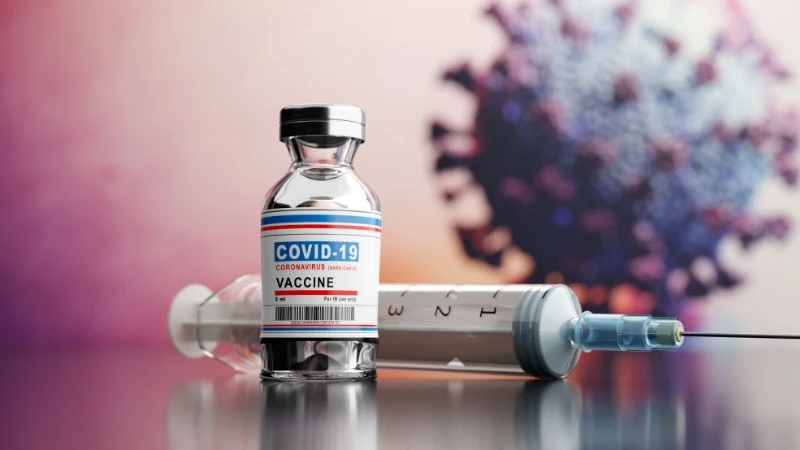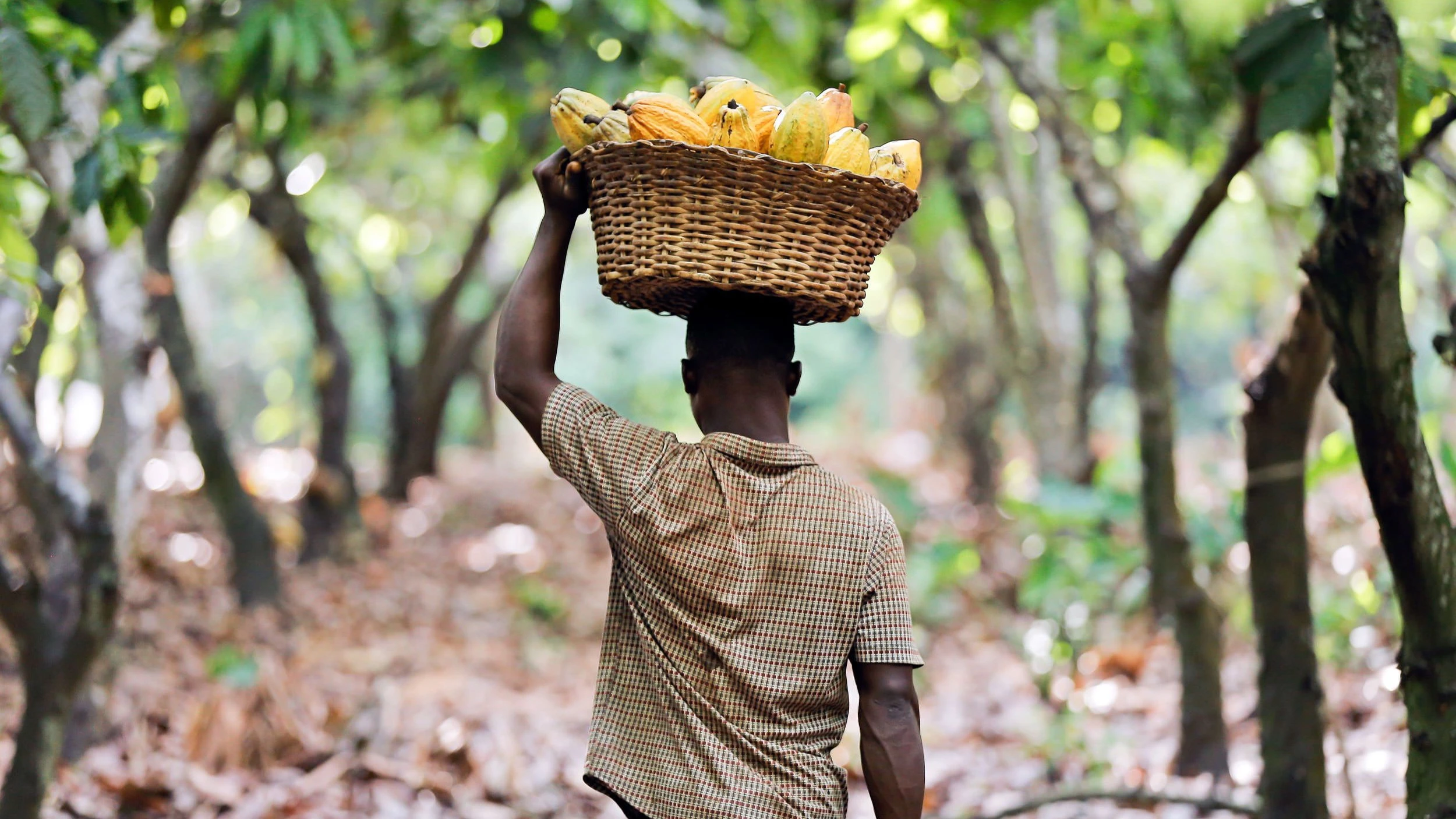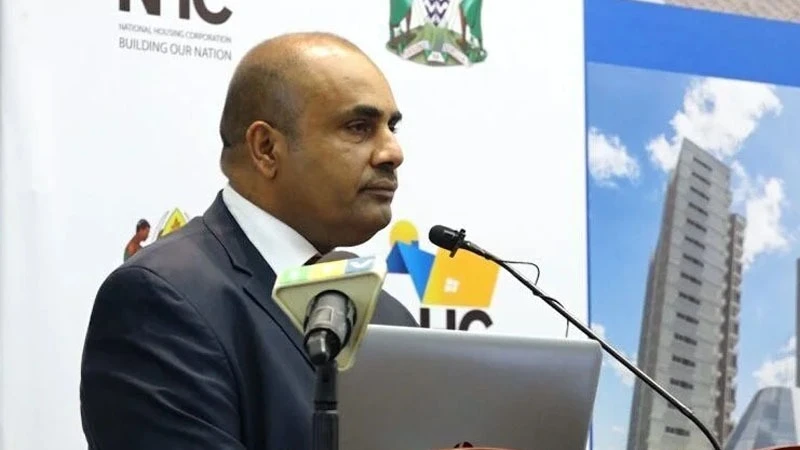WHO hails drop in HIV, maternal mortality rates

TANZANIA has made progress in the fight against HIV/AIDS, malaria, maternal mortality rates and epidemics like Marburg and covid-19 in the past two years, a World Health Organisation (WHO) report shows.
Dr Charles Sagoe-Moses, the WHO Tanzania country representative said in a foreword that the UN agency’s unwavering commitment to advancing health outcomes and promoting well-being across Tanzania has been resolute.
He cited unprecedented challenges posed by global health crises and local dynamics, underlining that the report is “a testament to collective dedication and steadfast commitment from the country office, partners, donors and the government to advancing health and well-being across Tanzania.
In alignment with the country corporate strategy, the country office has made efforts to achieve the ‘health for all’ agenda, efforts that “have seen remarkable milestones, transformed health outcomes and strengthened resilience in the face of diverse challenges,” he stated.
Notably, Tanzania has witnessed a substantial reduction in maternal mortality rates, with pregnancy-related deaths declining sharply from 556 per 100,000 live births in 2015 to 104 in 2022, he remarked.
“This achievement reflects our persistent efforts in maternal health interventions and the healthcare system strengthening,” he elaborated, underlining WHO commitment to equitable access to vaccines and public health protection.
He said Tanzania made significant strides in vaccination coverage, increasing from below 2.89 per cent in 2021 to 53.8 per cent by leveraging WHO-supported initiatives.
“In 2023, our swift and coordinated response to the Marburg virus outbreak exemplifies our readiness and effectiveness. Within 90 days, we successfully contained the outbreak, safeguarding communities and preventing further spread,” he stated.
Another landmark achievement was the adoption of the Universal Health Insurance bill by the legislature, facilitated by technical guidance and reviews from WHO and partners, he said.
“This milestone paves the way for equitable access to services and financial protection for all Tanzanians under review,” he said, citing the role of the country office in that regard.
“Through collaboration we have been able to scale up critical health initiatives, strengthening health systems and responding swiftly to health challenges,” he stated, insisting that with collaboration and support the UN agency expects sustainable work “to achieve a healthier future for all Tanzanians.”
The WHO Tanzania 2022-2023 biennial report unveiled yesterday shows that through WHO's guidelines, 1,457,000 (94 percent) out of 1,548,000 people living with HIV were on antiretroviral therapy and the country is progressing well towards the 95-95-95 global targets for 2025 and is set for ending AIDS by 2030.
The number of health centres was increased by 30 per cent during the period, the number district hospitals rose by 40 per cent in the Mainland from 2015 to 2023, while 10 district hospitals were built in Zanzibar from 2021 to 2023.
Laboratory capacities were enhanced by installing 2,315 pieces of equipment at 2,312 health facilities, including 807 haematology analysers, 740 chemistry analysers, and 763 urine analysers, the report noted.
The government procured 32 CT scans, 6six MR and 199 digital X-ray machines and universal coverage for TB, where the report shows Tanzania has been progressing well with the treatment coverage increasing from 38 per cent in 2015 to 78 per cent in 2023, it added.H
Top Headlines
© 2024 IPPMEDIA.COM. ALL RIGHTS RESERVED





















